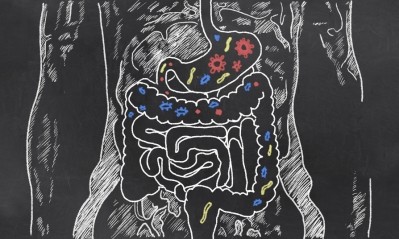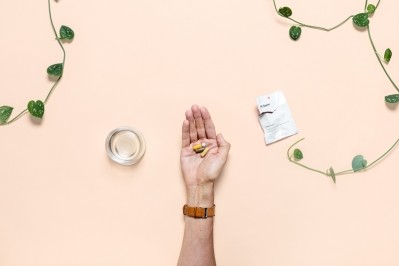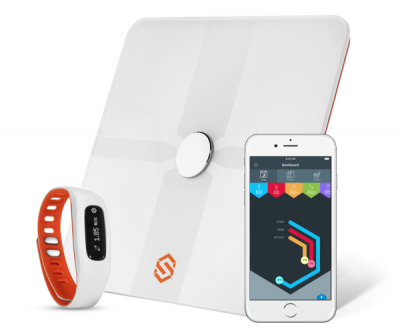Personalized nutrition start-up DayTwo looks at stool samples to create bespoke diets based on users’ gut microbiomes
“It sounds gross, but for now that’s the only way we can look at your gut microbiome,” DayTwo’s CEO and co-founder Lihi Segal told audience at the FoodVision conference in Chicago. Simply put, the application and platform assigns food recommendations to users based on an analysis of their gut microbiome.
Last year, DayTwo exclusively licensed the technology developed by researchers from the Weizmann Institute of Science in Israel, based on a five-year research project that was published in the journal Cell. “What we’ve been doing since then is building a product, an application that will be a consumer-based product,” Segal told NutraIngredients-USA.
How the gut microbiome and blood sugar index relate
The original study that sparked DayTwo’s conception looked at week-long glucose levels of 800 study participants, measuring responses to 46,898 meals, and pinpointed a high variability in the response to identical meals.
Researchers then designed a machine-learning algorithm that integrates blood parameters, dietary habits, anthropometrics, physical activity, and gut microbiota gathered from stool samples. According to the researchers, the algorithm “accurately predicts personalized postprandial glycemic response to real-life meals.”
A blinded randomized controlled dietary intervention based on the algorithm significantly lowered postprandial responses and consistent alterations to gut microbiota configuration—and this is the model that DayTwo uses in its consumer-facing app.
Launched in Israel, engines ready for the US
Well-rehearsed after month of media appearances in Israel, Segal said that the app is up-and-running in the company’s home country. This means that Israeli customers can sign-up, fill out the online questionnaire (which illustrates the user’s dietary habits and physical activity), and wait for their kit to arrive in the mail to collect and send back a stool sample.
Once the sample is analyzed in a lab, the user will start receiving dietary recommendations on a mobile app.
“We also launched it on a pre-order basis in the US,” Segal said. The company is planning to launch in additional territories throughout 2017.















